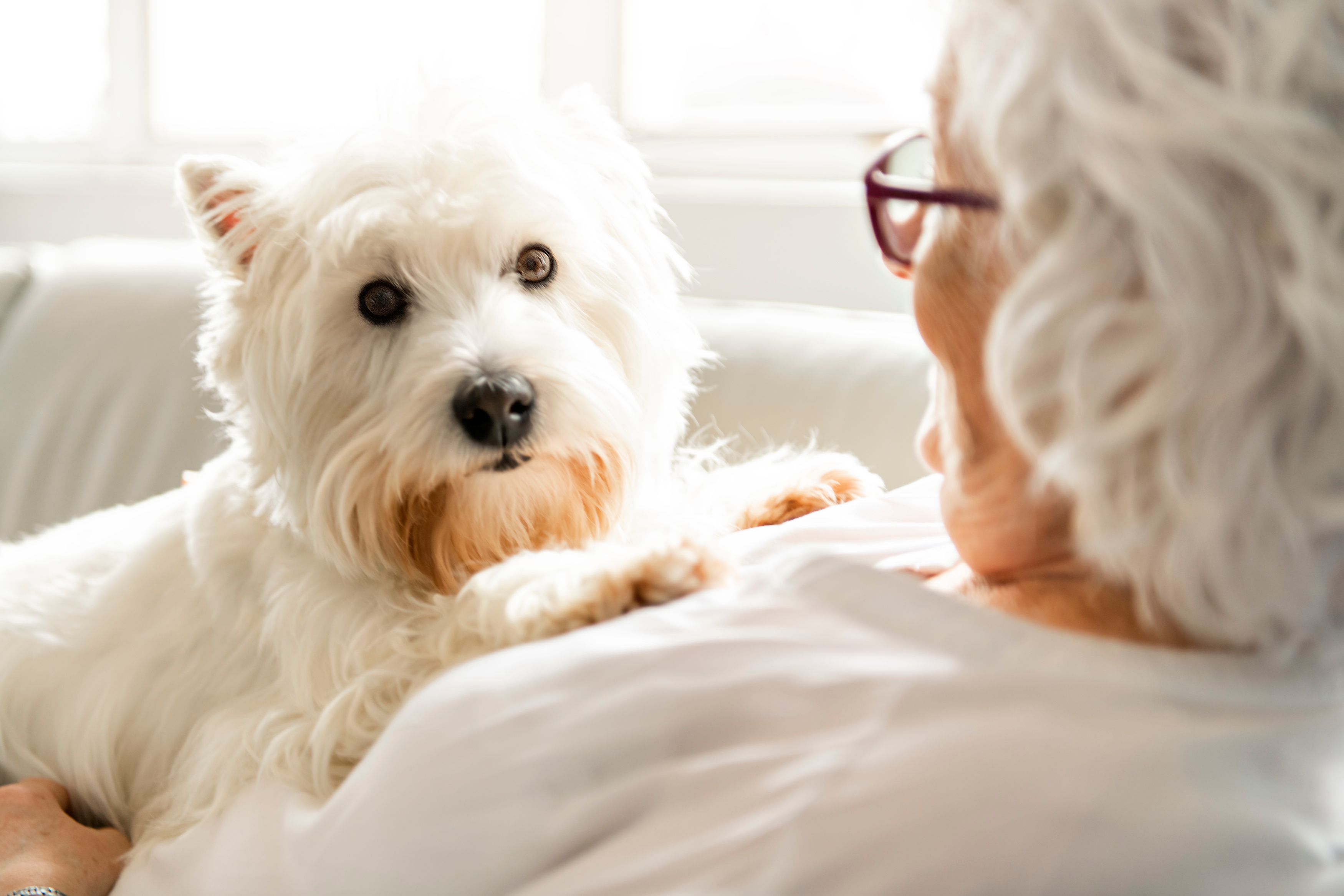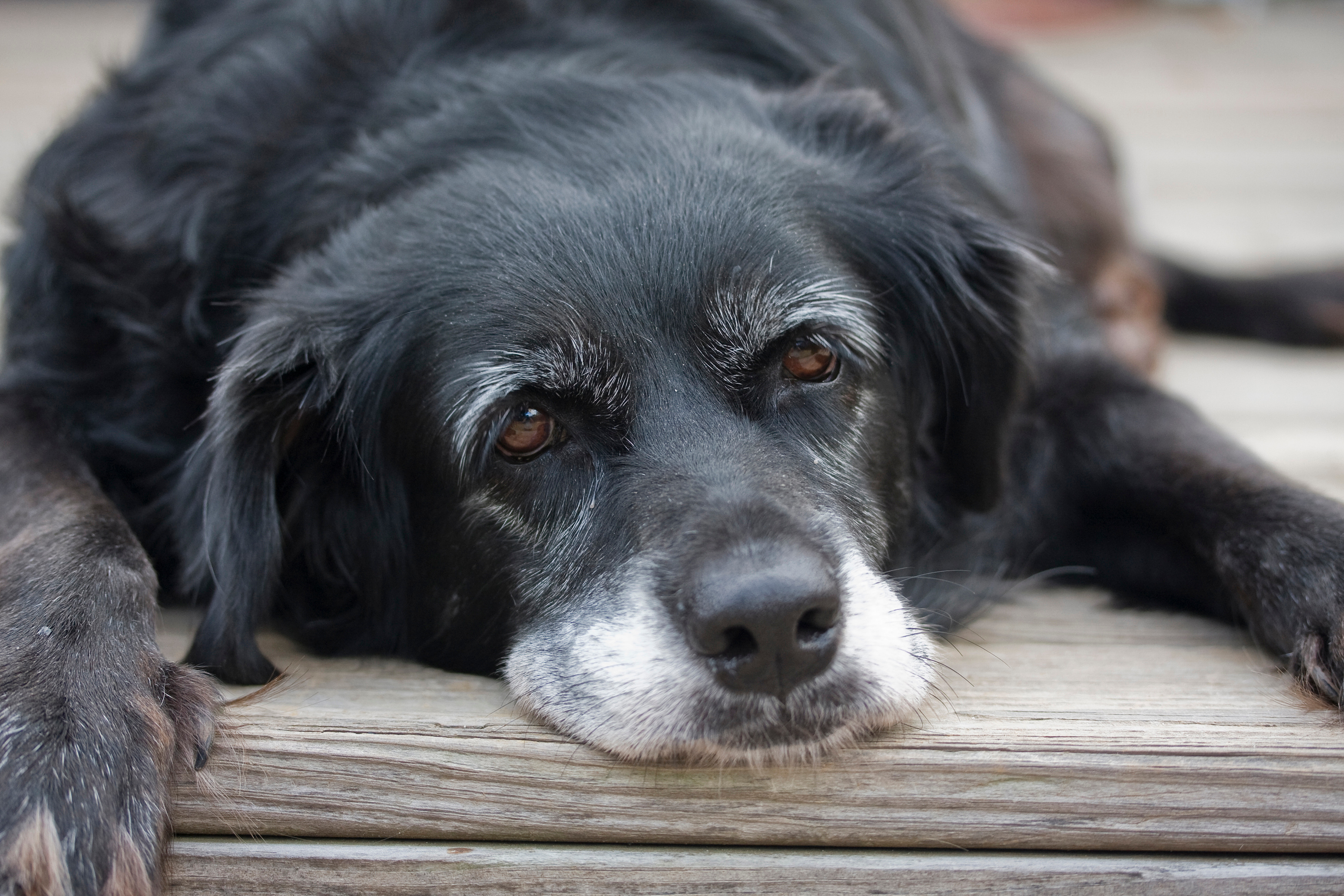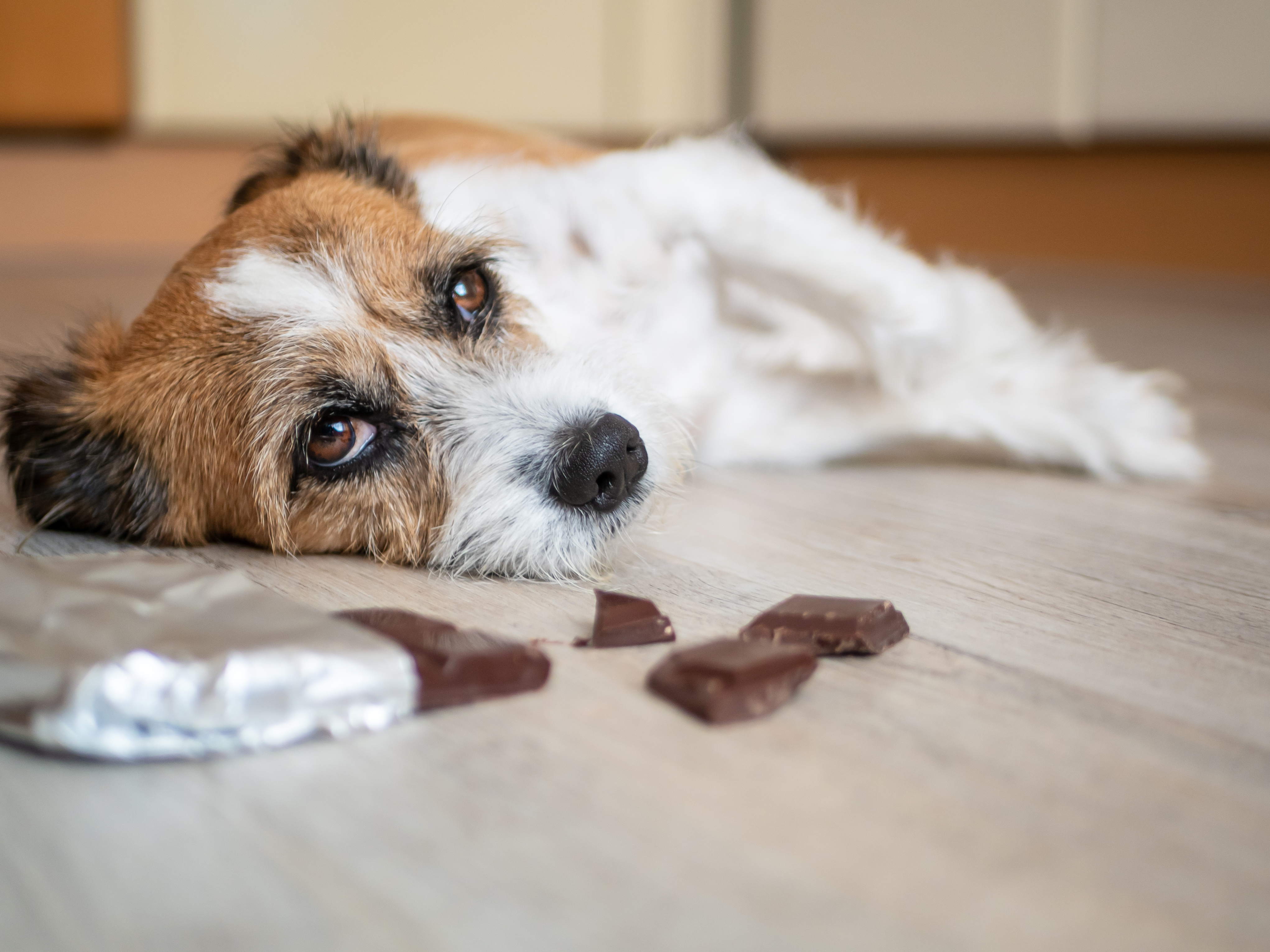Home | Surgical Care | Surgical Discharge Instructions For Cats
Surgical Discharge Instructions For Cats
Apr 12 2022
Keywords:
Special instructions to follow after your cat comes home
Home care after surgery mainly involves the restriction of physical activity. Unfortunately, your cat does not understand the seriousness of surgery or the significance of the recovery period. Most cats will naturally become very active in a short period of time after surgery and confinement and close supervision indoors is of the utmost importance! This means:
no jumping or running
no stair climbing
no jumping up on counters
no playing with other pets
no 'rough-housing'
Featured Resources

We Welcome New Patients!
We're always happy to give your furry friend care at our hospital. Get in touch today!
Contact UsCaring for the incision
Do not bathe your cat or allow the incision to get wet. This also means that you cannot allow your cat to lick the incision at all.
Monitor the incision daily for signs of redness, swelling, discharge, or excessive licking. Mild redness and swelling are part of the healing process and should be expected for the first few days after surgery. After the first 2-3 days, the swelling and redness should subside and the incision should look better each day. Moderate swelling on or around the incision site is abnormal and may be an early sign of infection. For routine elective surgeries, any discharge from the incision site is abnormal.
"Never put anything on the incision unless you are specifically told to do so by your veterinarian."
Never put anything on the incision unless you are specifically told to do so by your veterinarian. Never put hydrogen peroxide or rubbing alcohol on the incision. These chemicals are toxic to healing tissues and will cause inflammation and delay surgical healing.
Call your veterinary clinic if you observe any abnormalities or if you have any questions or concerns about your cat’s progress.
If your cat licks the incision, here’s what to do
Your veterinarian has various sizes of protective collars called Elizabethan collars (E-collars or cones) to keep your cat from licking the incision site. For further information, see the handout "Elizabethan Collars in Cats''. Licking often leads to chewing or removal of sutures (stitches), which can happen in a few seconds. Mild licking can result in an infection that requires antibiotic treatment. However, persistent licking can cause serious injury to the incision and may require costly surgery to repair the damage.
"Persistent licking can cause serious injury to the incision and may require a costly surgery."
In general, your cat should gradually improve each day. If your cat’s condition changes or suddenly worsens, please call your veterinary clinic as soon as possible. Your goal in following these post-operative instructions is to help your cat return to normal and pain-free life as soon as possible.
Under no circumstances should a cat with a fresh surgical incision be allowed to go outdoors. Restrict your cat's activity for a period of 7-14 days, to allow the incision to begin healing.
"If your cat must be left alone, it must be confined to a cage."
If your cat must be left alone, it must be confined to a cage or other small area that is warm and safe. This strict confinement and restriction of activity are necessary during the entire recuperative period. Excessive physical activity often leads to injury or serious complications. This means additional expense to you and added discomfort and risk for your cat.
Contributors: Ryan Llera, BSc, DVM
Frequently Asked Questions
Educate yourself on your pet’s health needs. Learn more about the most common questions we get asked by other pet owners like yourself.
Tips and Advice From Our Team
Looking for advice about caring for your pet? Our blog features helpful tips and educational material from our team to support your needs.




